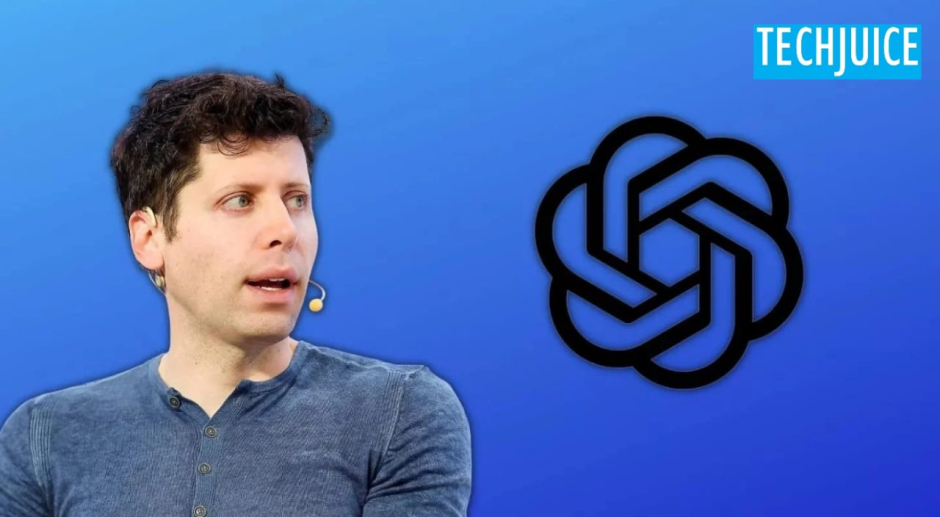OpenAI, the company behind ChatGPT, recently closed a $6.6B funding round, which brings the company’s valuation to $157B.
The major shareholders are a company that specializes in manufacturing chips including Nvidia and the Japanese telecom and internet giant SoftBank. The valuation puts OpenAI on the same level as the financial behemoth Goldman Sachs and ranks it among the world’s most valuable start-ups.
The company said that the funds would enable it to continue to be on the cutting edge of artificial intelligence (AI) work. However, the investment is made at a time of internal conflicts and changes in the leadership of the company. According to the sources, CEO Sam Altman is refocusing OpenAI from a non-profit organization to a for-profit one. Even though this change has drawn investors, it has also elicited criticism and dissatisfaction among some of the staff.
More interestingly, the lead founder Elon Musk, and also a current investor who distanced himself in December 2018 from OpenAI also expressed certain concern by tweeting that OpenAI has deviated from its goal of ensuring humanity benefits from Artificial Intelligence. Nevertheless, internal issues are still present at OpenAI as it remains one of the key pioneers in realizing AI adoption and provoking massive investment and emphasis on the technology industry at large.
“The new funding will allow us to double down on our leadership in frontier AI research, increase compute capacity, and continue building tools that help people solve hard problems,” OpenAI said.
OpenAI’s other new investors include Thrive Capital, SoftBank of Japan, Nvidia, and Microsoft, which is already an investor in the firm. This new investment brings OpenAI to a valuation of $157 billion.
As part of the agreement, investors can renegotiate or withdraw their money if OpenAI does not switch to a profit-making model in two years as it plans to do. The agreement also requires the elimination of the cap on the returns that investors can get.
Although the valuation looks inflated, Karl Freund, the principal analyst at Cambrian AI Research, said, “These are not normal times” due to the growing focus on AI and OpenAI’s position in the sector.
“Unless AI is somehow a bust, which I cannot imagine, OpenAI will be a powerful force to be reckoned with.”
OpenAI claims to have 250M weekly active users and one million paying business consumers and is expected to generate $3.6 billion in revenue. However, Reuters reported that losses of more than $5 billion will exceed earnings.
The pressure to release new versions of the famous chatbot has led to tensions between the research and safety divisions at OpenAI and the business side. This internal pressure has led to the exit of some of OpenAI’s top employees, such as its former chief scientist, Ilya Sutskever, since Sam Altman’s brief removal as CEO last year.
Last week, the chief technology officer for the past seven years Mira Murati resigned stating that she had made the hard decision to do so. On the same day that the company announced those departures, two other leading researchers in OpenAI also resigned, which demonstrates that the situation remains problematic.












